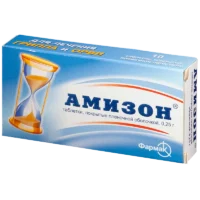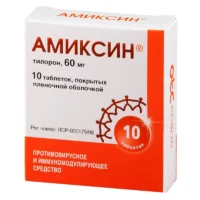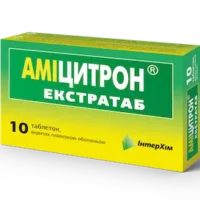Description
Sinuspal (Fenspiride) Syrup 200 mg/100 ml
Ingredients:
- Each 5 ml of syrup contains 20 mg of fenspiride hydrochloride as the active ingredient.
- Other ingredients include sucrose, glycerol, methyl parahydroxybenzoate (E218), propyl parahydroxybenzoate (E216), citric acid monohydrate, sodium citrate, strawberry flavor, and purified water.
Dosage:
- The recommended dosage for adults and children over 6 years old is 90 mg (15 ml) three times a day.
- For children aged 2 to 6 years, the dosage is 30 mg (5 ml) three times a day.
Indications:
Sinuspal syrup is indicated for the treatment of acute and chronic respiratory diseases associated with excessive mucus production. It acts as a bronchodilator and mucolytic agent, helping to reduce cough and improve breathing.
Contraindications:
Do not use Sinuspal syrup in patients with known hypersensitivity to fenspiride or any of the other ingredients. It is also contraindicated in patients with severe liver or kidney impairment.
Directions:
- Shake the bottle well before use.
- The syrup can be taken with or without food. Use the provided measuring cup to ensure accurate dosage. Do not exceed the recommended dose.
Scientific Evidence:
Fenspiride has bronchodilator and anti-inflammatory properties, as demonstrated in studies. It inhibits inflammatory mediators’ release, modulates airway smooth muscle tone, and reduces mucus viscosity, aiding in expectoration.
Additional Information:
Sinuspal syrup is well-tolerated with a low incidence of side effects, such as gastrointestinal disturbances and allergic reactions. Comparative studies have shown its effectiveness similar to other medications in managing respiratory conditions, with a favorable safety profile.





